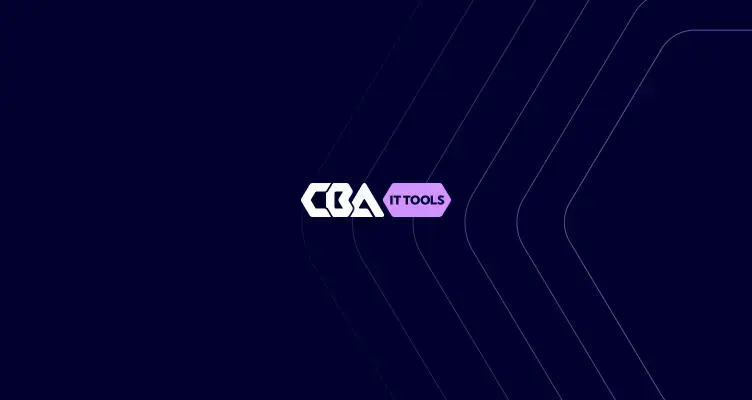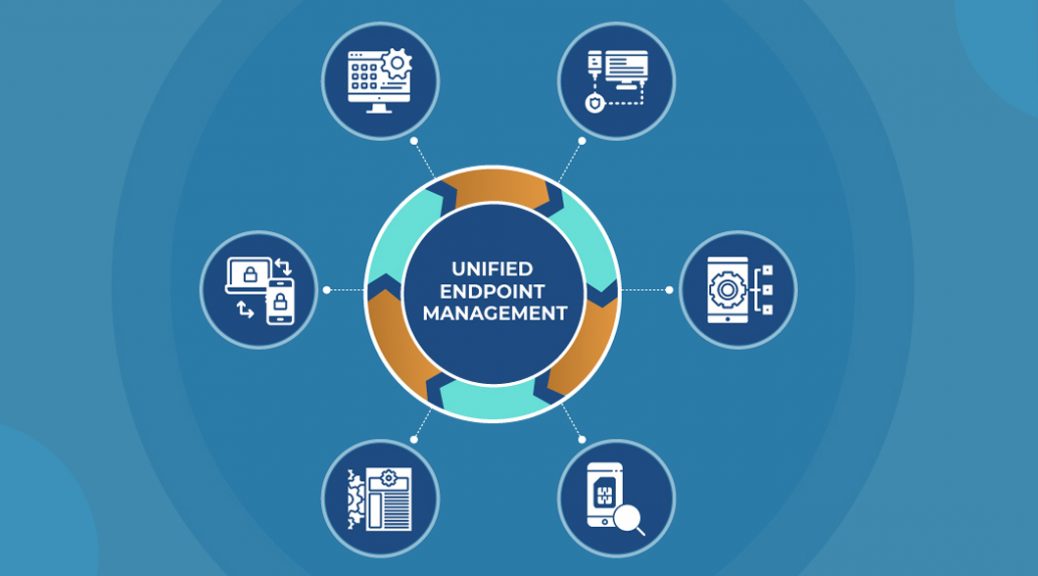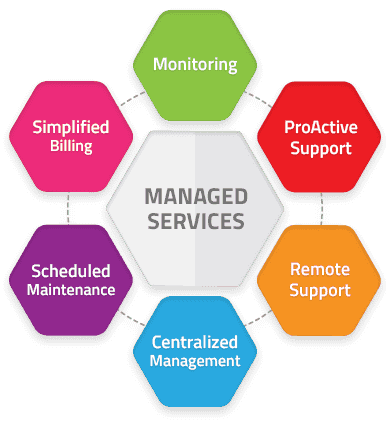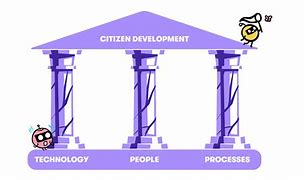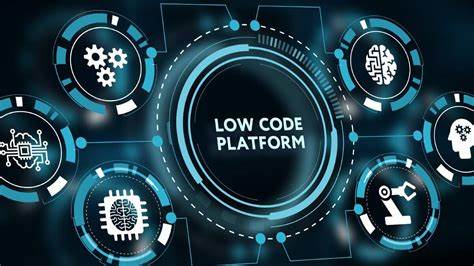AI Workflows for Efficiency: Boost Automation and Productivity
Imagine an overflowing email inbox. You’ve developed a system to manage it, but searching through irrelevant messages and prioritizing tasks remains time-consuming. An AI system can function as your personal email assistant. It can automatically categorize messages, highlight important emails, and even suggest replies based on previous interactions and keywords. This allows you to focus on the most important messages, respond more efficiently, and automate repetitive tasks like sending follow-up reminders. The result? A streamlined workflow, increased productivity, and less time wasted on email management. This blog explores how AI workflows can be a secret productivity booster. We’ll dive into how AI automates repetitive tasks, streamlines processes, and enables data-driven decisions—all aimed at helping you perform at your best.
What Are AI Workflows?
By integrating artificial intelligence (AI) into your workflows, you can streamline and improve repetitive, manual business processes. AI tools can automate existing workflows, increase efficiency, and free up human resources for more strategic tasks.
Types of AI Workflows
The power of AI workflows lies in their versatility. Here are some common types:
Data Analysis and Processing: AI can sift through massive datasets, identify patterns and trends, and detect anomalies that are difficult for humans to spot. This supports data-driven decision-making.
Generative AI: This type of AI can generate entirely new content, from marketing copy to design elements. It can automate reports, draft emails, and even write code.
Machine Learning Automation: Machine learning algorithms adapt to environments and improve over time. This is useful for fraud detection, risk management, and personalized recommendations.
Predictive Analytics: AI can analyze historical data to predict future outcomes. This can be applied to sales forecasting, inventory optimization, and preventive maintenance.
Voice AI: Speech recognition and natural language processing allow AI to understand and respond to spoken language. This is used in automated customer service chatbots or voice-controlled assistants.
AI Workflow Applications
AI workflows can be applied across various industries and functions. Here are some practical examples:
-
Customer Service: AI-powered chatbots can answer customer queries 24/7, reduce wait times, and improve customer satisfaction.
-
Marketing: AI can personalize marketing campaigns, analyze customer sentiment, and automatically generate social media content.
-
Finance and Accounting: AI workflows can automate data entry, generate reports, and detect fraudulent transactions.
-
Healthcare: AI workflows can analyze medical images, identify potential diseases, and assist doctors with diagnoses.
-
Manufacturing: AI can improve production efficiency, predict machine failures, and optimize quality control.
Benefits of AI Workflows
Implementing AI workflows offers numerous advantages:
-
Higher Efficiency: AI automates repetitive tasks, allowing employees to focus on strategic activities, leading to significant productivity gains.
-
Fewer Errors: AI operates based on defined rules, minimizing human errors in data entry, analysis, and decision-making.
-
Improved Accuracy: AI can analyze vast amounts of data with higher precision than humans, resulting in better decisions and outcomes.
-
Cost Savings: Task automation and error reduction can generate substantial savings in labor, rework, and missed opportunities.
-
Better Customer Experience: AI-driven chatbots and virtual assistants provide 24/7 support, enhancing customer satisfaction and loyalty.
-
Data-Driven Decisions: AI workflows enable real-time data analysis, providing valuable insights for informed decision-making at all levels.
-
Scalability and Flexibility: AI workflows can easily adapt to changing workloads and business needs and integrate seamlessly with existing systems and processes.
Challenges of AI Workflows
Despite the many benefits, there are challenges when implementing AI workflows:
-
Implementation Costs: Developing and deploying AI workflows can be expensive, especially for complex tasks requiring large datasets and computing power.
-
Data Bias: AI algorithms are trained on datasets, and any bias in the data may be reflected in results. Reducing data bias is crucial for fair and ethical AI use.
-
Job Displacement: As AI automates certain tasks, some roles may disappear. At the same time, new opportunities requiring human skills like creativity, critical thinking, and problem-solving will arise.
-
Understandability and Transparency: It can be difficult to understand how AI models reach decisions. This lack of transparency may raise concerns about accountability and trust.
-
Security and Privacy: AI workflows process large amounts of data, raising security and privacy issues. Implementing strong safeguards is essential.
The Future of AI Workflows
AI workflows continue to evolve, and their potential is undeniable. As AI technology advances, we can expect even more sophisticated workflows that will transform how we work and live. Here are some emerging trends:
-
Integration with the Internet of Things (IoT): AI workflows will increasingly integrate with IoT devices, enabling real-time automation and smart decision-making across domains.
-
Enhanced Human-AI Collaboration: The future of work will likely involve a hybrid approach, where AI handles repetitive tasks, and humans focus on strategic decision-making, creative problem-solving, and tasks requiring social and emotional intelligence.
-
Democratization of AI: Improvements in AI development platforms and cloud computing will make AI workflows more accessible to smaller businesses and individual users, leading to broader adoption across industries.
-
Ethical Considerations: As AI becomes more advanced, ethics will play an increasingly important role. Developing and implementing AI workflows responsibly and transparently, with a focus on human well-being, will be crucial.
Ready to Explore AI Workflows in Your Organization?
Here are some steps you can take:
-
Identify Repetitive Tasks: Look for manual, time-consuming processes suitable for automation.
-
Evaluate AI Solutions: Research available AI tools and platforms that meet your specific needs.
-
Start Small: Begin with a pilot project to test AI effectiveness and gain experience.
-
Focus on Human-AI Collaboration: Ensure AI complements your staff rather than replacing them.
AI workflows offer a powerful opportunity to streamline processes, boost productivity, and gain valuable insights. By understanding the benefits and challenges of AI workflows, businesses and individuals can make informed decisions on leveraging this transformative technology. As AI continues to advance, embracing AI workflows will be essential to remain competitive and succeed in the future.

Sign up for our newsletter
Stay updated with our latest products and offers by subscribing to our newsletter

Sign up for our newsletter
Stay updated with our latest products and offers by subscribing to our newsletter

